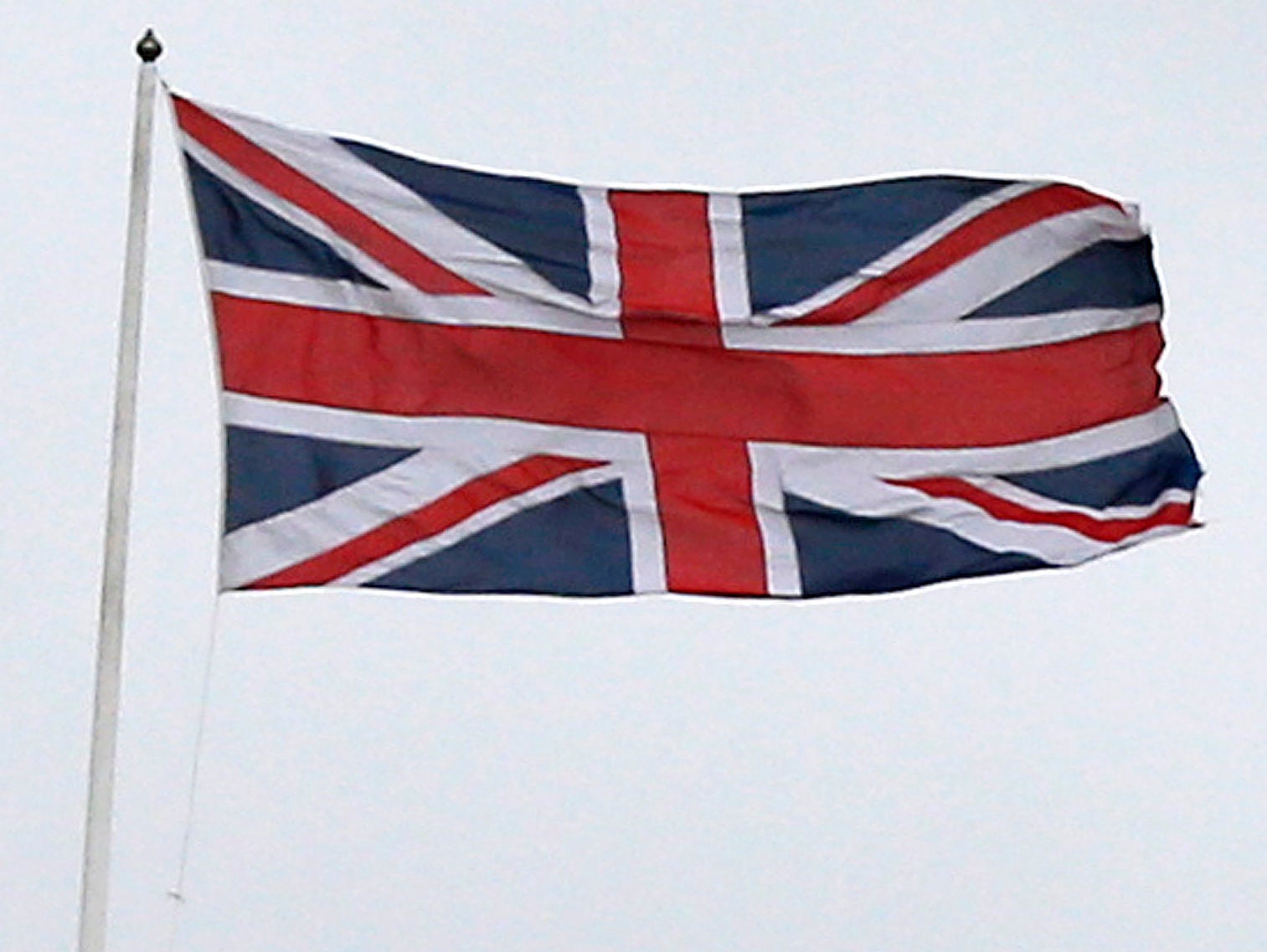
Two complaints by the Scottish Government to the Independent Press Standards Organisation over stories in the Express and the Telegraph accusing them of “snubbing” the Royal family by not flying the Union Jack are believed to have been the first by a sitting government.
The Scottish Government accused the Scottish Daily Express of breaching Clause 1 (accuracy) of the Editors’ Code of Practice with an article headlined “SNP flag snub to Royal family”, published on 24 January.
The story also appeared online under the headline: “Sturgeon snubs Queen: Union flag stripped from Scottish Government buildings”, and was discussed in an editorial comment piece headlined: “SNP show true colours,” all of which ran the same day.
The Scottish Government also complained about a story in the Telegraph published on the same day headlined “Sturgeon hauls down Union flag”.
Although political figures, including Scottish First Minister Nicola Sturgeon, have previously made complaints to IPSO, a spokesperson for the press regulator confirmed these were the first from a government.
Both newspapers reported that Sturgeon had been accused of “trying to eradicate the Union flag in a snub to the Queen”, as the Express claimed, as new rules published online meant the number of days the flag is flown from Scottish Government buildings would decrease from 15 to one.
The articles said the new guidance meant that on 15 royal dates, including royal birthdays and Remembrance Sunday, the Royal Banner and the Saltire may be flown from St Andrew’s House or wherever Sturgeon may be.
The Scottish Government told IPSO the Express’s headline was inaccurate because there was no “snub” to the Royal family as the flag guidelines had been agreed with the Royal Household in 2010, when the practice began at St Andrew’s House.
It also said the policy only dictated rules for the main buildings of the Scottish Government, while it is merely classed as guidance for other buildings.
The Scottish Government said the Telegraph’s headline was inaccurate because the current First Minister had no role in changing the policy.
Both newspapers denied they had breached the Editors’ Code and provided IPSO with copies of the Scottish Government documents setting out the flag rules to back up the claims.
IPSO’s committee acknowledged the updated flag flying policy would not change practice at St Andrew’s House but found a number of other buildings that followed the Government’s guidance would fly the Union flag on just one day in 2018 compared with 15 in 2017, as they would fly the Saltire on 14 days that were previously reserved for the Union flag.
IPSO said the Express was entitled to characterise the change as a “snub” to the Royal family as it had made the basis for this claim clear.
It also said the newspapers were entitled to interchangeably use the terms rules, guidance and regulations as the document itself referred to it as “rules for hoisting the flags on buildings of the Scottish Government”.
The Telegraph offered to publish a clarification on page two of the newspaper to make the Government’s position clear, and remove the online article to resolve the complaint, but IPSO did not rule this necessary.
IPSO said it is “common practice” to refer to decisions taken by civil servants, who enact the wishes of government, as action taken on behalf of the government which the First Minister, in this case, leads.
The ruling added: “The document reflected the current position of the government in 2018, regardless of what year it was informally agreed. And where the article did make clear that civil servants had enacted the change, the headline was not inaccurate, or misleading, and was supported by the text.”
IPSO did not uphold either complaint.
Read the full ruling Express here and the Telegraph ruling here.
Picture: Reuters/Russell Cheyne
Email pged@pressgazette.co.uk to point out mistakes, provide story tips or send in a letter for publication on our "Letters Page" blog
